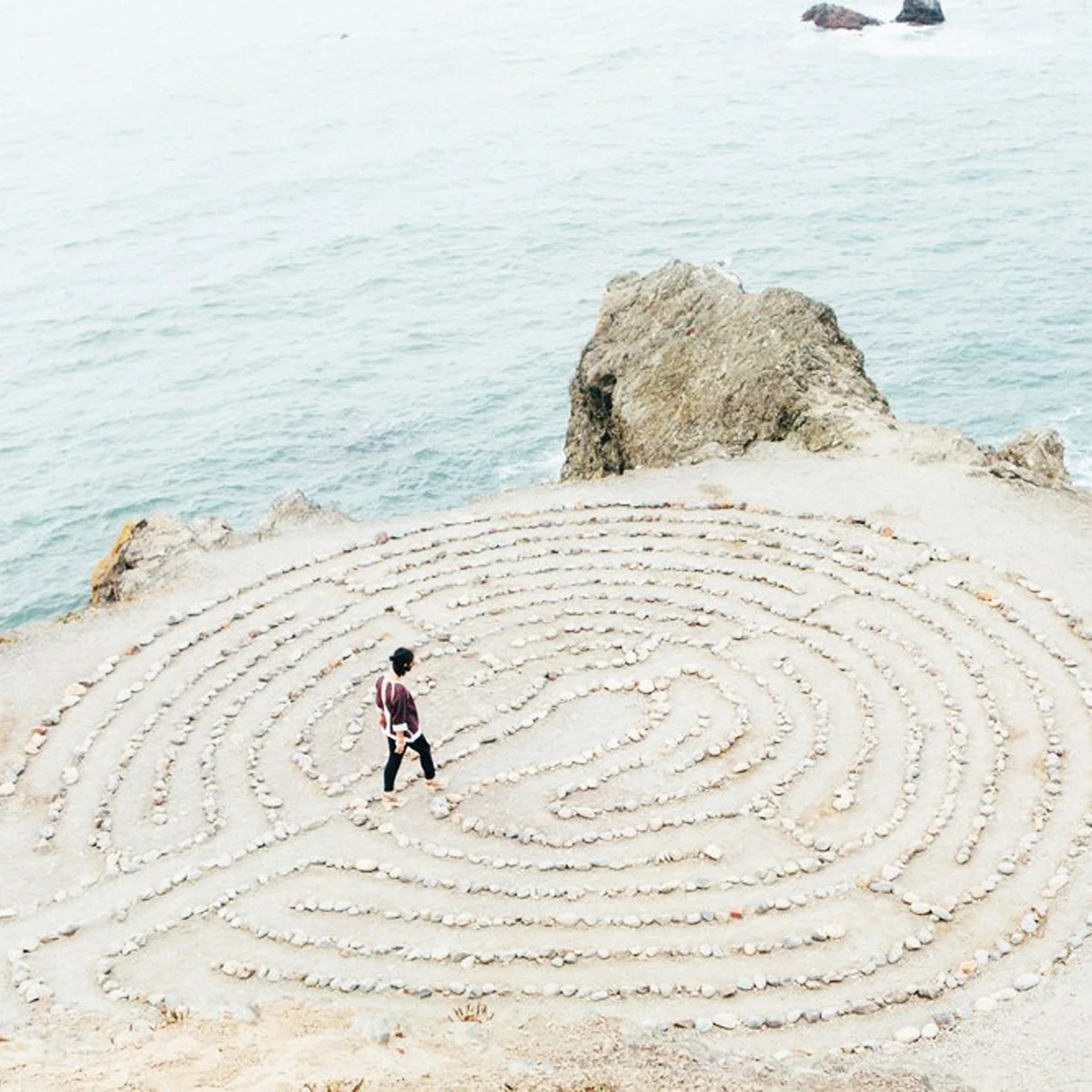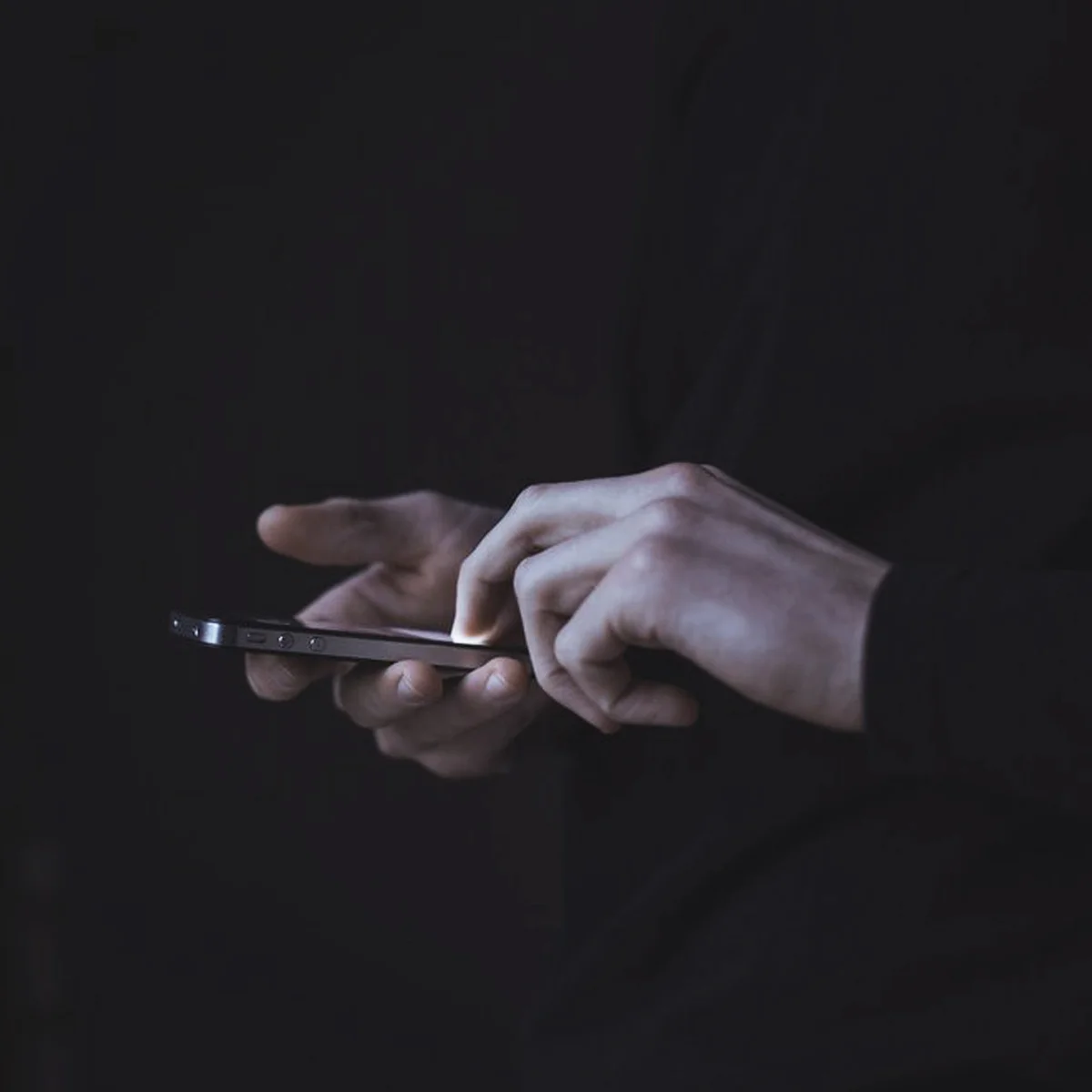Physical Space, Technology & Human Connection
There's nothing as fruitful as a matter of debate. Here, an anonymous blogger and communications student, Reverer, shares his thoughts sparked by reading a post by our in-house digital anthropologist Samantha.
Samantha Rosenthal, a digital anthropologist, described our relationship with modern technology in this blog post. She approached the overall question, 'how do we enable real human connection in the face of digital mediation?', from a very scientific perspective and decided to provide more questions to gain comprehension of the problem. However, some of her thoughts were limited to a very scientific level and, as a student, I would like to try and search for an answer and see if there’s a possibility to reach a satisfying conclusion.
Rosenthal described how the most revolutionary human artifact, the smartphone, has made us ultimately unhappy individuals because we’ve succumbed to the instant gratification our smartphones offer. I don’t think humans are designed to feel unhappy. Addiction is another thing. It has the power to make us unhappy, but its ability to satisfy us is the reason why we carry on feeding it. When someone suffers from addiction, it means they yearn for something, whether it’s love, joy or affection. The subject of the addiction is there to provide all those things, artificially.
In our time of Information Age, our subject of addiction might be the social media realm we’re all living in. I think Rosenthal didn’t notice the vastness of our digital landscape. Besides offering instant gratification, it offers building blocks for social identity and expressing oneself in the form of stories. It’s not just instant gratification we’re after, it’s something with a more prolonged effect. While you’re browsing Instagram, there’s a dozen engineers writing code specifically engineered to keep you on the site as long as possible, browsing and interacting with pictures and text. There’s a word for that nowadays: growth hacking. Their job is to keep you engaged with the site and with its content. Soon you notice you’re locked in a vicious cycle of constantly updating and receiving new stories and notifications from other people.
"A place used to comprise a physical space and the people within it.”, she says. Now she asks "What is a place if those who are physically present have their attention on the absent?”
Is this true human connection? Of course not. True human connection requires interpersonal communication skills. Two or more people have to engage in some way. This could simply be in the form of conversation. I think the reason why we’re so hyperconnected is that our social identity is managed in our social media. We’ve adapted this mentality of ”I share therefore I am” that it is separating us from real human connection. Sherry Turkle describes in her book Alone Together, how the notion of a physical place has changed over time. "A place used to comprise a physical space and the people within it.”, she says. Now she asks "What is a place if those who are physically present have their attention on the absent?” Our technology is making us less human and more like machines. Our physical life is being gulped by digital life and it’s limiting our physical presence.
One of our greatest cultural artifact, the smartphone, has now turned into a Boa constrictor that is ready to strangle us.
The solution to all this is to make human interaction a novel way of engaging. I agree that smartphones are a brilliant way to spread new ideas to a large group of people. However, endless sharing of stories that are only there to provide artificial content to fill our most mundane moments in our days is something that's tying us to our devices. Soon, we’ll notice that under the stream of notifications there’s no genuine human relationship. Marshall McLuhan declared technology to be an extension of man and said that ”Creative process of knowing will be collectively and corporately extended to the whole of human society.” To me, this type of triumphant thinking has an adverse effect nowadays. One of our greatest cultural artifacts, the smartphone, has now turned into a Boa constrictor that is ready to strangle us.










